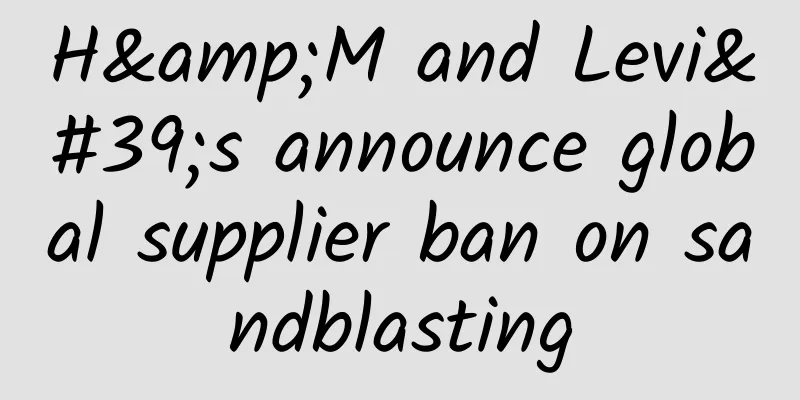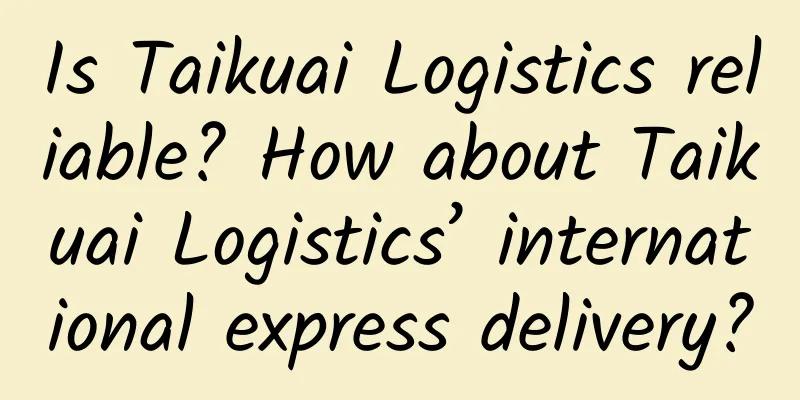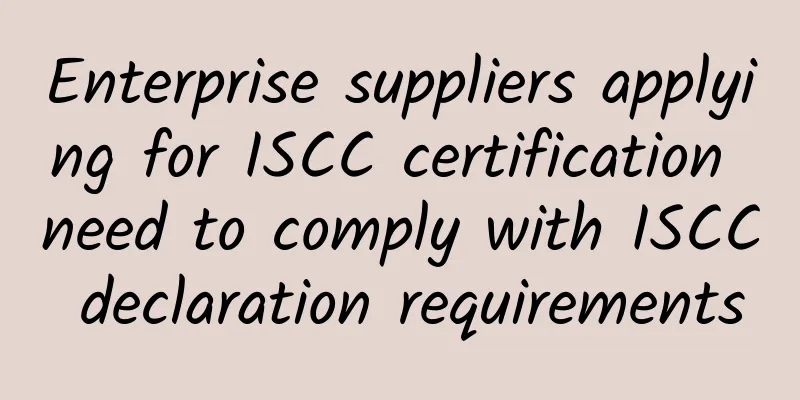Reasons and developments after the establishment of WRAP certification

|
Reasons and developments after the establishment of WRAP certification More than three years ago, the sewing industry began a process to demonstrate its commitment to responsible business practices and ensure that clothing is produced under legal, humane and ethical conditions. This process extends beyond clothing production to include retailers, human rights groups, public interest organizations, development agencies and empowerment groups. The first result of this process was the development of the Principles for Responsible Apparel Manufacturing - basic standards for labor practices, factory conditions, the environment and customer requirements. They were endorsed by the full AAMA Board of Directors in 1998. Recently, WRAP was adopted by representatives of apparel industry groups from 18 countries around the world (see endorsement). Support for the Principles grows every month from consumers, manufacturers, and governments around the world. Recently, WRAP was adopted by producers in Hong Kong, Sri Lanka, and Guatemala. In November 2001, WRAP welcomed the support of Turkish textile and apparel producers. In order to join the WRAP principles, many production association members and production companies actively participate in the WRAP certification program. The WRAP certification program is the only independent, globally supported factory certification program that requires producers to adhere to the 12 WRAP production principles to ensure that workplace conditions are safe and healthy and that workers' rights are guaranteed. As of November 2003, WRAP has more than 700 international manufacturers, 1,300 factories have participated in the program, and 570 factories have been certified. The certification is valid for 12 months, and all participating factories must accept unannounced spot checks required by the certification program. Many manufacturers believe that WRAP certification not only helps to make social commitments more reliable, but also helps to promote production capacity, reduce personnel turnover, promote communication between management and employees, make working conditions safer and improve employee enthusiasm. Today, WRAP certification has been recognized by many retailers and manufacturers as the most reliable and cost-effective factory coordination system that can ensure legal, ethical, and humane production. The WRAP Global Good Factory Accreditation Mark will continue to develop and be accepted by more and more sewn product manufacturers, retailers and governments around the world. |
>>: 2013 Latest Standards - Walmart High-risk Project Recruitment Violations
Recommend
FNAC (factory inspection) chain company introduction
FNAC chain was founded in 1953 and merged into the...
2014 BSCI Annual Conference
The Business Social Compliance Initiative (BSCI) ...
A&F Counter-Terrorism Assessment Document Checklist
Scope of Counter-Terrorism Assessment Physical se...
What is ShopLocal? What is the development history of ShopLocal?
What is ShopLocal? ShopLocal partners include maj...
LemonStand--"Optimize your e-commerce website"
What is LemonStand? LemonStand is an e-commerce p...
BSCI Audit Results and Ratings
The layouts of various industries, factories and ...
How about Meiji Logistics? What industries does Meiji Logistics service cover?
How about Meiji Logistics? A-Logistics is a globa...
IZEA and Rakuten jointly launch social media marketing project SocialLinks
According to recent reports from foreign media, s...
Walmart's Fire Protection Requirements for Factory Inspection in 2015
1. All workshop safety exit doors no longer accep...
What is a barge? How are barges classified?
Barges are cargo ships that have no self-propulsi...
What is Anker? What products and services does Anker have?
What is Anker? Anker was founded in California, U...
What is PSE certification? What are the product categories of PSE certification?
Today, I will tell you what PSE certification is?...
The Home Depot Factory Inspection and Assessment Process
The Home Depot factory inspection and evaluation p...
The world's first quantifiable "zero-carbon factory" standard has been officially released! Check it out!
On June 5, World Environment Day, Unilever and mo...
ICTI Industrial Fire Prevention and Emergency Preparedness Survey Guide
1. Emergency reporting information - Let employee...









